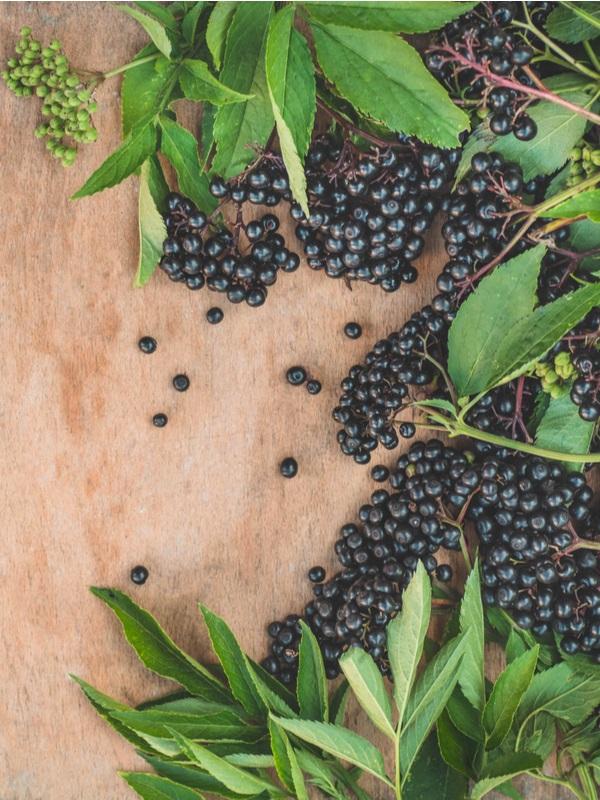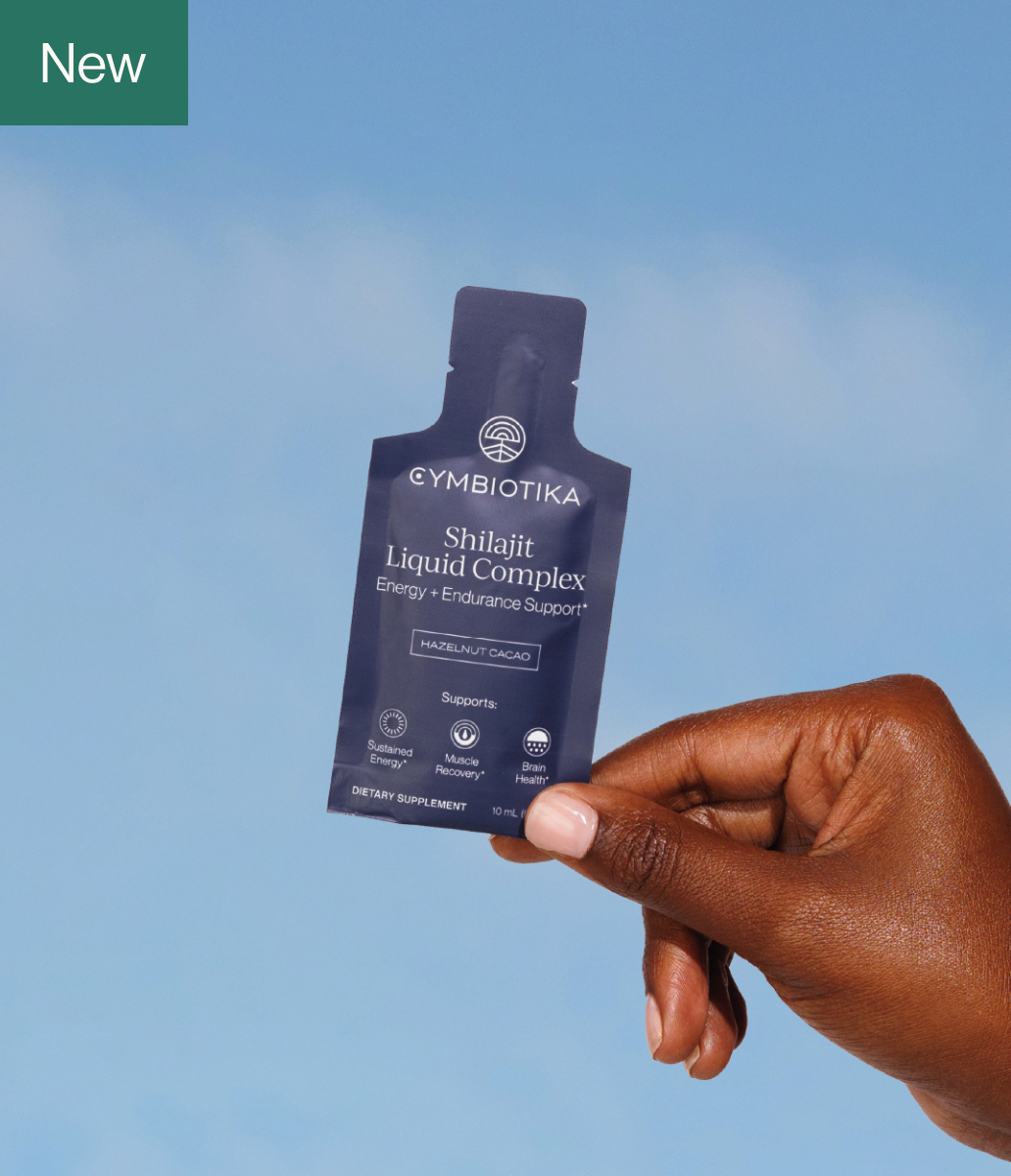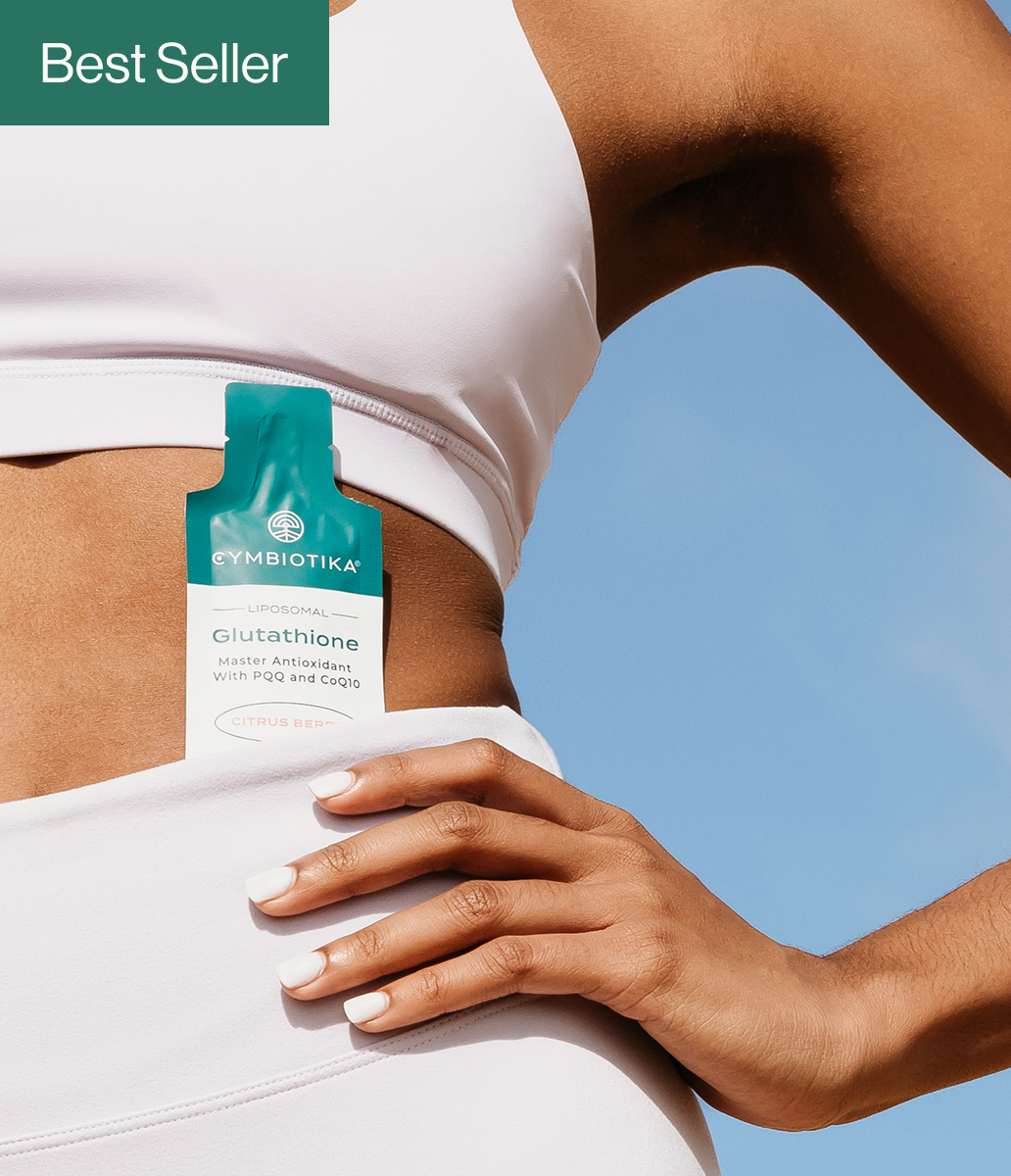
When your nose is stuffed up, your head is throbbing, and you feel a strange pain in your face, you likely want a big, steaming bowl of chicken noodle soup and a long nap. You probably aren’t thinking too much about elderberries, if you’ve even heard of this mythical-sounding fruit at all it was probably for elderberry benefits for skin.
But perhaps you should be.
These small, purple berries and immune defense supplement—used for thousands of years as a medicinal remedy for respiratory issues—help combat the symptoms of the common cold and sinus infections and can even boost your immune system to fight off infections before they begin.
So does elderberry help with sinus infections? You bet it does! If you find your health and energy compromised because of a sinus infection, an elderberry supplement or tea is a natural remedy to get you back to your best self.
How Elderberry Helps With Sinus Infections
The fruit from the elderberry plant is a natural medicine that has been used to treat many health conditions. It’s a potent antioxidant and anti-inflammatory, containing compounds with powerful antiviral properties.
The berries contain an enzyme that breaks down proteins in the body, as well as compounds that have been shown to fight bacteria, fungi, and viruses.
Raw Elderberry fruit helps combat and clear sinus infections by:
- Reducing swelling of the mucus membranes in the nose and throat, making it easier for the body to get rid of bacteria and viruses.
- Mitigating congestion and reducing inflammation.
- Producing antiviral and immune-boosting properties to fight off the viruses that cause sinus infections.
- Creating an antibacterial effect against H. influenzae, a cause of acute rhinosinusitis.
- Increasing vitamin C intake, which helps the body fight off infections.
How Do We Know That Elderberry is a Good Defense Against Sinus Infections?
According to both historical and anecdotal evidence, elderberry fruit has been used for centuries to help with the common cold and flu symptoms, as well as respiratory problems. More recently, there have been a number of scientific studies that echo the conclusions of the ancient Greeks and Englishmen.
History and Anecdotal Evidence
Elderberries have been found in Egyptian tombs and ancient medical texts, documenting the use of elderberry to treat sinus infections over several centuries, including in:
- Ancient Greece – The first recorded mention of elderberry as a treatment for sinusitis was in the writings of the Greek physician Dioscorides, who described it as an anti-inflammatory and decongestant. Hippocrates referred to elderberry as a “medicine chest” due to its ability to treat a wide range of ailments.1
- 18th century England – Elderberry was used to treat a variety of ailments, including sinus infections. British researcher John Evelyn stated, “If the medicinal properties of its leaves, bark, and berries were fully known, I cannot tell what our countryman could ail for which he might not fetch a remedy [from the elderberry], either for sickness or wounds.”2
- 19th century Europe – It was recommended that patients with a fever drink tea made from elderberries before bed to manage respiratory symptoms.
The plant has a long history of use in traditional medicine and can be found across countries and continents—including North America, with increasing prominence.
Scientific Evidence
In recent years, elderberry has been proven effective in treating sinus infections. Some of the most compelling studies include results such as:
- Symptom reduction – A 2018 study found a substantial reduction in upper respiratory symptoms with the use of black elderberry. The findings identified elderberry as a natural, effective treatment choice compared to over-the-counter drugs, antibiotics, and antiviral medications. The researchers posited that elderberry is both potentially safer for patients and a solution to antibiotic misuse.3
- Duration and symptom reduction – In 2016, researchers used a randomized, double-blind, placebo-controlled clinical trial to determine that elderberry supplementation reduced the severity of cold symptoms and the duration of illness.4
- Fighting bacteria and viruses – A 2011 study showed that elderberry extract was effective against both bacteria and viruses associated with upper respiratory tract illnesses and infections.5
So, What Exactly is an Elderberry?
Elderberry, or elder, is the common name for Sambucus nigra, a many-trunked shrub or small tree. It grows in temperate climates and is native to Europe and North America.6
It produces clusters of white flowers and blackberries—these berries are what’s truly special about the plant. They’re rich in:
- Antioxidants
- Flavonoids
- Anthocyanins
- Vitamins A, E
- B-complex vitamins including folate and B12
- Potassium
- Calcium
- Iron
- Elderberry Vitamin C and Zinc
Elderberries are juicy and edible when ripe, with a tart flavor. They’re traditionally dried and made into foods and beverages like:
- Jam or jelly, often mixed with grapes
- Pie filling, often combined with apples
- Juice
- Wine
- Tea
- Syrup
Other ways to consume the elder plant include:
- Pickling unopened flower buds for a result similar to capers
- Creating a flavoring syrup from the flowers
- Fermenting the flowers into wine
How to Use Elderberry for Sinus Infections
Chicken noodle soup is all well and good, but it’s more for comfort than for treatment. Elderberry, on the other hand, is most effective for symptom reduction when taken:7
- Within 48 hours of the first symptoms of a sinus infection
- In liquid form, either diluted (such as a tea) or combined with other ingredients
There are no universal guidelines on exact dosage, but if you’re taking a prepared extract or supplement, you can’t go wrong with following the product guidelines. In most cases, a spoonful a day is enough to keep the sinus infections away—or at least the symptoms thereof.
Easy ways to incorporate elderberry into your daily diet include:
- Teas – A tea can be made by boiling ¼ cup of dried elderberries in 2 cups of water with 1 teaspoon of dried ginger root for 10 to 15 minutes. Feel free to get creative and mix it up with other flavors you enjoy, such as peppercorn, cinnamon, or honey. Strain and drink hot, or chill for iced tea.
- Tinctures – Place 1 to 2 tablespoons of dried berries steeped in boiling water for 10 to 20 minutes.
- Dried berries – Take 1 to 3 teaspoons of dried elderberry per day for sinus infections.
- Supplements – Follow product directions for dosage and choose a supplement with 100% pure, organic, non-GMO ingredients. You can add a liquid supplement to shakes, sauces, or beverages to incorporate it more easily into your daily life.
The Proper Way to Use Elderberries When You’re Sick
Elderberries are an effective treatment for sinus infections, but only if you treat them the right way first. For the best results, follow these guidelines when purchasing, preparing, and consuming elderberry or related supplements.
Your elderberries should be:
- Stored cold while you’re waiting to use them.
- Ripe when it comes time to use them.
- Cooked, as raw berries contain trace amounts of cyanogenic glycosides. When chewed raw, they can release cyanide into the body, which can cause nausea and vomiting.
- Dried, which is a safe alternative to cooking them.
- Lab-tested if you’re consuming an elderberry supplement.
- Consumed in moderation, as overconsumption can lead to headaches or stomach and digestive issues.
Unless you’ve done significant research, it’s best to avoid other parts of the elder plant. The flowers, bark, buds, leaves, and roots contain higher levels of cyanogenic glycoside, along with a bitter alkaloid.8
What Causes Sinus Infections, Anyway?
A sinus infection, or sinusitis, is inflammation of the sinuses, which are the hollow cavities around the nose. Although they can happen at any time of the year, sinus infections are more common in the winter and spring months when cold and flu viruses are most prevalent. Usually, sinus infections are caused by bacteria or fungi that enter the nose.
These bacteria can be transmitted through:
- Air
- Food
- Drink
Sinus infections can also be caused by:
- Allergy season
- Colds
- Flu
- Nasal polyps
How Else Can I Prevent Sinus Infections?
The Elderberry plant is a wonderful defense against colds, flus, and sinus infections, but it doesn’t have to be the only resource in your wellness kit.
Here are a few ways to stay on top of your health and well-being:
- Keep your immune system strong – This includes getting plenty of rest, eating a healthy and balanced diet, exercising regularly, and staying hydrated.
- Maintain good hygiene – Wash your hands with soap and water, and use a tissue when you sneeze or cough. You should also avoid touching your nose with dirty hands, as this can spread bacteria and viruses.
- Keep your nose clear and clean – This can be done by using a nasal rinse, such as a saline solution or humidifier.
- Mitigate risk – Stay away from people with an active infection. After interacting with others, be sure to wash your hands before eating or touching your eyes, nose, or mouth.
- Avoid allergens – Avoid known allergens that can trigger an infection.
Treat Your Sinus Infection with Cymbiotika Elderberry Defense
Sinus infections can drain your energy and slow you down. We want the exact opposite for you: to help you live your healthiest life so you can stay on top of your goals and participate in the active lifestyle you desire.
Our Liposomal Elderberry Defense is a powerful antiviral that combines elderberry with zinc, copper, echinacea, and selenium to help fight off infections, stimulate the immune system, and promote year-round wellness. All Cymbiotika products are vegan, natural, and non-GMO.
Maintain your peak performance this season and in the years ahead with the tools you need to power up your immune system and preserve your health.
Sources:
- Ancient Origins. Science Proves Ancient Elderberry Remedy Beats the Flu. https://www.ancient-origins.net/news-history-archaeology/elderberry-remedy-0013075
- KNWA. The history of elderberry & how it came to be. https://www.nwahomepage.com/knwa/web-extra-the-history-of-elderberry-how-it-came-to-be/
- U.S. National Institutes of Health's National Library of Medicine. Black elderberry (Sambucus nigra) supplementation effectively treats upper respiratory symptoms: A meta-analysis of randomized, controlled clinical trials. https://pubmed.ncbi.nlm.nih.gov/30670267/
- U.S. National Institutes of Health's National Library of Medicine. Elderberry Supplementation Reduces Cold Duration and Symptoms in Air-Travellers: A Randomized, Double-Blind Placebo-Controlled Clinical Trial. https://www.ncbi.nlm.nih.gov/pmc/articles/PMC4848651/
- BMC Complementary Medicine and Therapies. Inhibitory activity of a standardized elderberry liquid extract against clinically-relevant human respiratory bacterial pathogens and influenza A and B viruses. https://www.ncbi.nlm.nih.gov/pmc/articles/PMC3056848/
- Britannica. Elderberry. https://www.britannica.com/plant/elder-plant
- Very Well Health. The Health Benefits of Elderberry. https://www.verywellhealth.com/elderberry-for-colds-and-flu-can-it-help-89559
- CDC. Poisoning from Elderberry Juice -- California. https://www.cdc.gov/mmwr/preview/mmwrhtml/00000311.htm




















